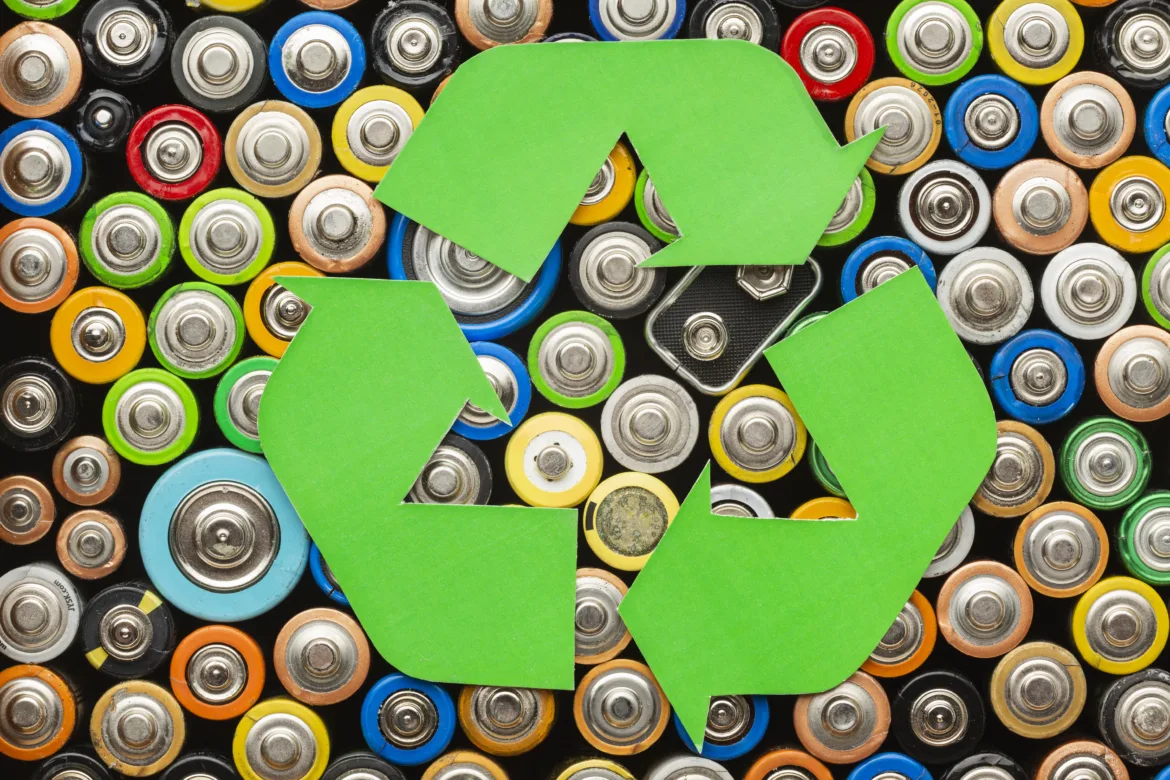The recycling of electric vehicle (EV) batteries in India is becoming increasingly important as the country aims to enhance its sustainability efforts in the face of growing battery waste. The process involves several key stages, each crucial for recovering valuable materials and ensuring environmental safety.
Overview of Battery Recycling in India
Current Landscape
India’s battery recycling sector is still developing but shows significant potential due to the rapid growth of electric vehicles and renewable energy storage solutions. The Indian government has introduced various policies to promote responsible battery disposal and recycling, notably the Battery Waste Management Rules 2022, which enforce Extended Producer Responsibility (EPR) on manufacturers to ensure proper recycling of used batteries.
Recycling Process
The battery recycling process in India typically includes the following stages:
- Collection: Used batteries are gathered from multiple sources, including consumers, manufacturers, and waste management facilities. This stage is critical for ensuring that batteries do not end up in landfills, where they can cause environmental harm.
- Dismantling: Batteries are disassembled to separate their components, such as metals (like lithium, cobalt, and nickel) and plastics. This step is essential for preparing materials for further processing.
- Processing: The separated materials undergo various processes to extract valuable components. For lithium-ion batteries, this often involves chemical treatments that can recover metals efficiently.
- Refinement: Extracted materials are purified to meet industry standards, making them suitable for reuse in new batteries or other applications. This step ensures that the recycled materials can effectively replace virgin raw materials in manufacturing processes.
Follow us on Linkedin
Challenges and Opportunities
While the recycling sector in India is poised for growth—projected to expand from $0.1 billion in FY23 to $1 billion by FY30—there are challenges that need addressing. The current industry is largely unorganized, with a significant portion of battery waste being handled informally.
However, the government’s initiatives to formalize the recycling sector and promote technological advancements present opportunities for growth. Collaborations between private companies and governmental bodies aim to enhance collection systems, innovate recycling technologies, and build a local supply chain for recycled materials.
Key Players
Several companies are leading the charge in battery recycling in India:
- Attero Recycling: Specializes in e-waste management and battery recycling.
- Lohum Cleantech: Focuses on lithium-ion battery recycling and refurbishment.
- Exigo Recycling: Provides services for electronic waste, including batteries.
- TATA Chemicals: Engages in various aspects of battery recycling and production.
Conclusion
As India continues its transition towards electric mobility, establishing a robust battery recycling ecosystem will be vital for sustainability. By improving collection systems, investing in technology, and fostering collaboration among stakeholders, India can effectively manage its growing battery waste while recovering valuable materials essential for future battery production. This not only supports environmental goals but also positions India as a leader in sustainable practices within the global battery recycling landscape.


Leave a Reply